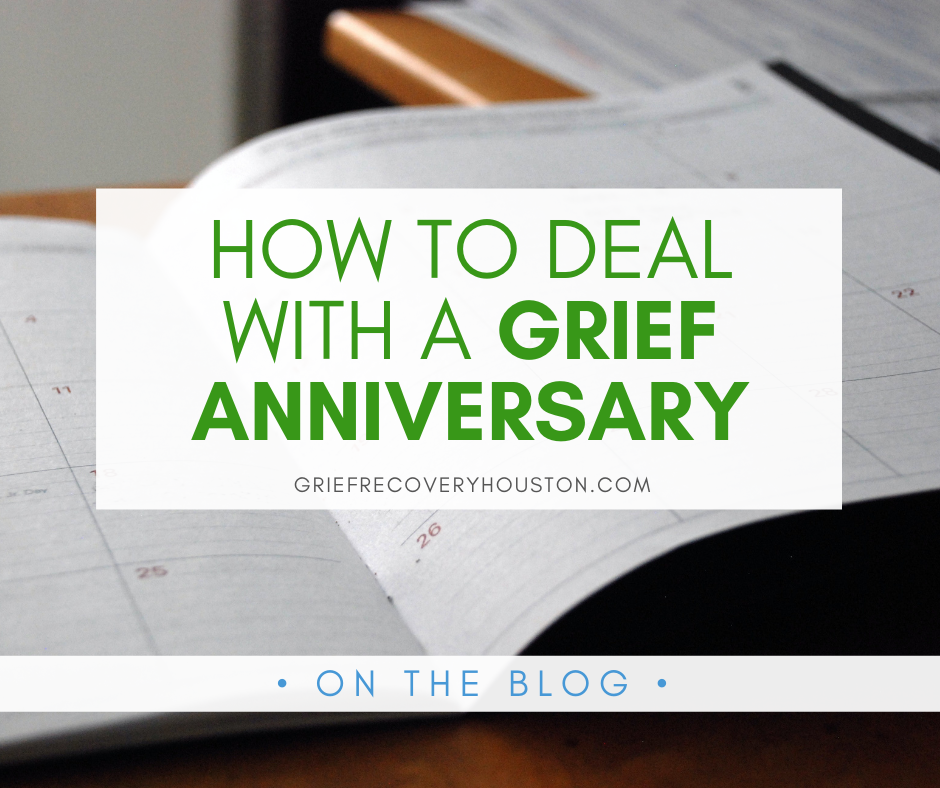- Unpacking Grief and Disability - July 8, 2024
- Breaking the Stigma: 5 Blogs to Better Understand Suicide - May 21, 2024
- 4 Tips for Better Sleep Hygiene - March 4, 2024
At some point in our lives, we will all be touched by grief. For some, grief comes in childhood. It’s important to remember that loss is not restricted by age. When children grieve, they tend to experience it differently than adults, so it’s vital to understand how children deal with grief.
A child’s reaction to death and loss depends on age, of course.
 For example, young preschool-aged children may not realize that death is permanent and believe that the deceased is coming back. As children get older, they are better prepared to understand that death is a permanent and irreversible state.
For example, young preschool-aged children may not realize that death is permanent and believe that the deceased is coming back. As children get older, they are better prepared to understand that death is a permanent and irreversible state.
Children tend to express their feelings through their behavior. After a loss, children may act out, or they might seek out the comfort of their normal routine, or it may be a combination. The way children grieve depends on a lot of things, like their age, their developmental stage, their personality, and their support system. Children tend to grieve in bursts, rather than a prolonged period of sadness that adults typically expect.
Common reactions to grief in childhood include feelings of depression for an extended period, anxiety, clinging to caretakers, bedwetting, dreams of the deceased, acting younger than they are, and changes in appetite and/or sleep.
The more we understand about how grieving as a child is different from grieving as an adult, the easier it will be to support your child through this difficult transition.

With that in mind, here are four ways to help your child process their grief:
Be straightforward with your child.
Don’t use metaphors like “going to sleep” as a way to soften the concept of death for your child. This can be confusing and lead to  misunderstandings that complicate grief for them. You can cater your response to their developmental stage, but since children are very literal, metaphors and euphemisms are not helpful.
misunderstandings that complicate grief for them. You can cater your response to their developmental stage, but since children are very literal, metaphors and euphemisms are not helpful.
Give your child permission to feel their feelings.
Let them know that grieving is okay, and they are not alone. Talk about how important the person was to you + your family, and tell them that whatever they are feeling is valid. If your child feels that they can’t talk about what they are feeling, it may be harder for them to process what they’re feeling. Since children usually grieve in bursts, they may need reassurance that it’s okay to take a break from feelings of grief and return to their normal routine.
Share your own feelings with your child.
If your child has experienced a loss, you probably have as well. You can tell your child how this loss is affecting you so they know they’re not alone. Children pick up on much more than we give them credit for, so even if you are grieving, remember that you are modeling your behavior for your child.
Let your child say goodbye.
 Even if your child is unable or unwilling to attend the funeral or memorial, having a formal time to say goodbye to their loved one can help them process their feelings. You can do something small at home, like lighting a candle or planting a memorial plant in the garden, but it is an important part of the process to officially say goodbye if you have the opportunity.
Even if your child is unable or unwilling to attend the funeral or memorial, having a formal time to say goodbye to their loved one can help them process their feelings. You can do something small at home, like lighting a candle or planting a memorial plant in the garden, but it is an important part of the process to officially say goodbye if you have the opportunity.
As with adults, grief in childhood can become complicated. If you feel your child is struggling excessively with their feelings of grief, it may be time to bring on professional help.
If you or your child need additional support while working through grief, you can contact our licensed therapists at Grief Recovery Center in Houston, TX for more info today.






No comments yet.